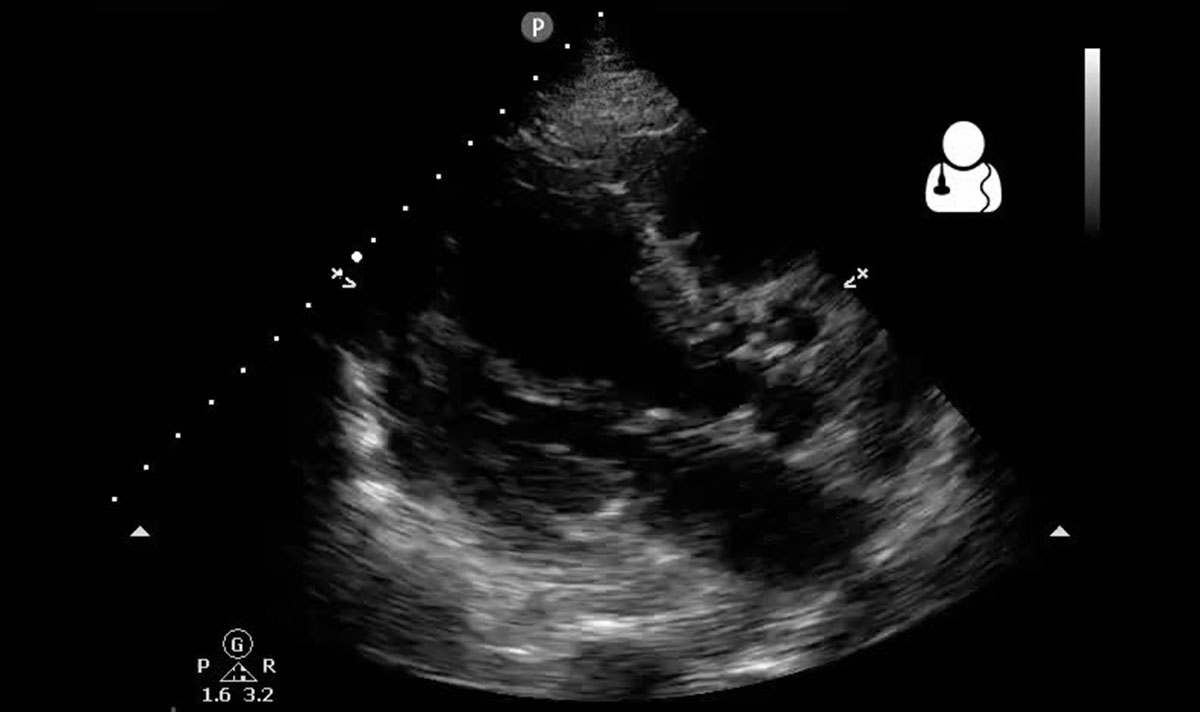
Aphasia and main characteristics
The disorder in question actually affects the person’s ability to communicate, since it occurs when certain parts of the brain which are responsible for language are either damaged or injured. As a result, the person cannot understand or use words properly, although their intelligence is not affected at all. This is why people who are diagnosed with aphasia find it difficult or sometimes even impossible to understand conversation, or to read or understand the meaning of the written words. Also, they might find it difficult to use number and write words. In a number of cases, aphasia is a consequence of a stroke and according to the statistics, as much as 40% of people will suffer from it after a stroke. Aside from this cause, brain tumor, infection or even Alzheimer’s disease can also provoke it, which is why older people are more prone to it. There are several types of this communication disorder, and expressive aphasia is only one of them.Expressive aphasia as a type of this disorder
The person diagnosed with this type of aphasia cannot speak or write even though he or she is perfectly capable to understand and perceive everything that happens around him or her. Even when the speech is initiated, it will lack fluency and it will be halting and the same problems will be present if a person tries to write. It will practically be impossible to understand the speech or writing in such cases, because both will lack stress and intonation. This will be even more frustrating and stressful for the person who suffers from this disorder because he or she is well aware of what he or she wants to say or write.
If a part of the brain which is known as Broca’s area is affected by the stroke, chances that a consequence will be expressive aphasia are 100 percent. Aside from this, cerebral hemorrhage, extradural hematoma, brain trauma and tumor can also result in expressive aphasia, and as for the treatment, it can only result in improved power of self expression, although only to a certain extent. In some cases, medications that affect cerebral plasticity are used, and they can also improve the verbal fluency sometimes, while in the greatest majority of cases expressive aphasia therapy involves expressive exercises guided by medical professionals and melodic intonation therapy. A possible treatment option is also transcranial magnetic stimulation.


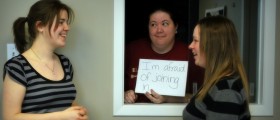



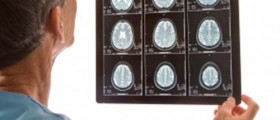

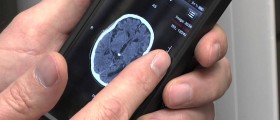



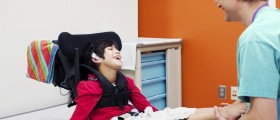



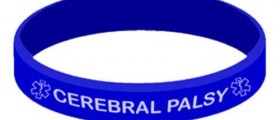
Your thoughts on this
Loading...